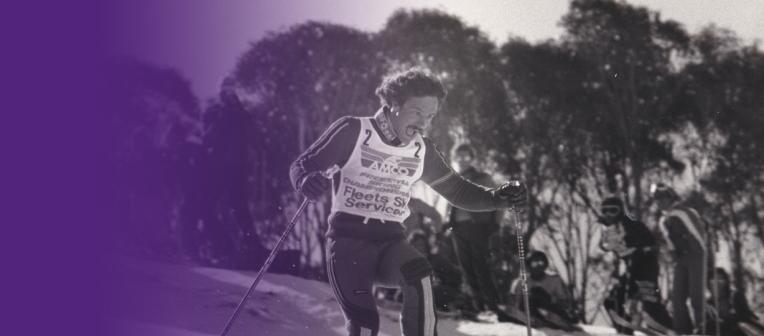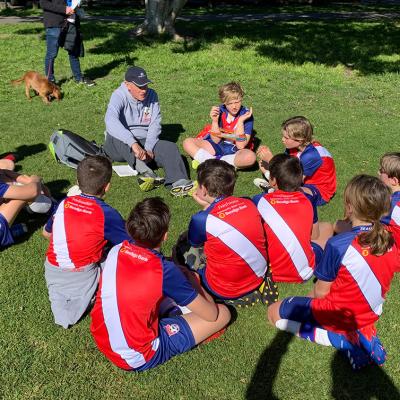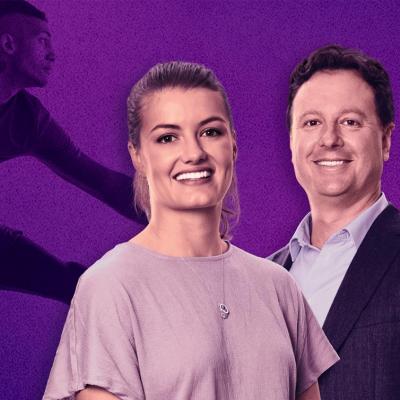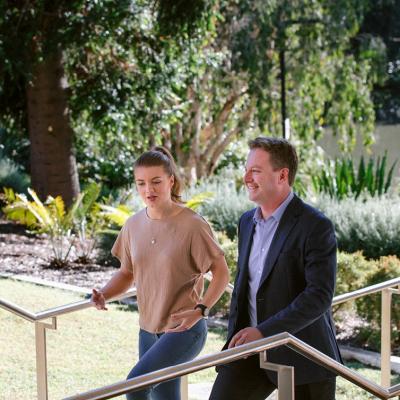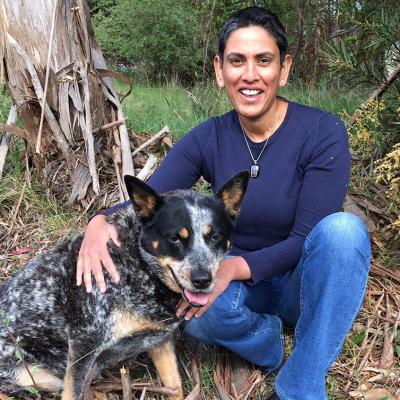After receiving training as a ski instructor in France, Guy Cantrel came to Australia and further enriched his learning by recently completing a Masters of Sports Coaching at The University of Queensland.
“I grew up spending most of my time with the local ski team, training and attending races with the coach,” says Guy.
“This relationship I formed with my coach and my team made me want to provide other athletes with an experience that could be built upon in years to come.”
“Coaches were an important part of our lives, possibly as much as schoolteachers. They were mentors and confidants, occupying a very unique space in our young and often isolated mountain lives”.
Guy shares the experiences that have shaped him into the ski coach he is today and the learnings he gained from completing a Master of Sports Coaching at UQ.
When were you first interested in becoming a sports coach?
Guy credits his interest in sports coaching to the coaches from his childhood.
“Growing up, I joined the local ski team, where we were provided gratis with coaching, transportation, uniforms, skis, and a season’s lift pass,” he says.
“For much of the 6 months of winter, I skied with a coach 5 times a week and would travel with him to other resorts on race days.”
“It was this relationship with my team and coach that inspired me to become a coach myself.”

What did your early career look like?
After a 2-year stint in the French Naval Academy, Guy decided to dedicate his time back to skiing and being the best instructor possible, with a view to one day be a coach.
“The training of a ski instructor in France was (and still is) one of the most difficult and lengthy of all international certifications,” he says.
“After obtaining my French full certification, I came to Australia, and obtained my Australian ski instructor certification, and competed as a National Mogul Team member.”
In 1985, Guy was named Head of the Australian Delegation at the Winter Universiade in Belluno, Italy. He was also acting as coach for the Alpine team. In 1986, he was appointed Australian Team Assistant Manager and competed in the Mogul event at the World Freestyle Championships in Tignes, France. In 2004, he was recruited as Head Coach for the Freestyle and Freeride program at the Gould Academy and Sunday River program in Maine.
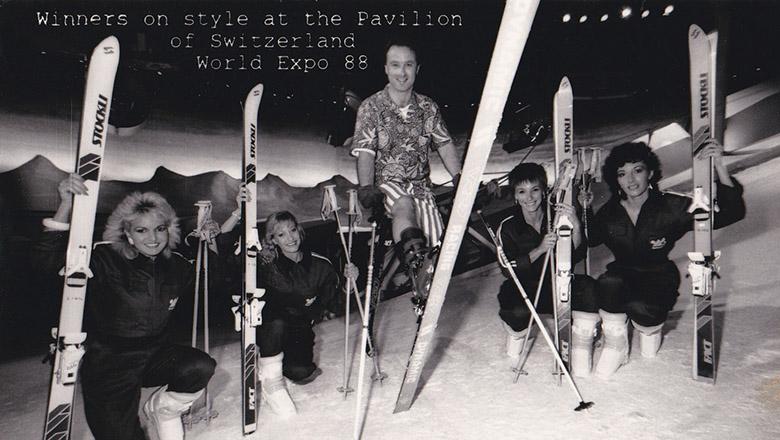
What study or training have you undertaken?
When Guy moved to Australia, he enrolled in a Bachelor of Arts at UQ with a double major in Human Movement Studies to complement the information that was required for his French instructor qualification. The degree allowed him to have a more scientific approach, such as understanding technique via biomechanics.
“I later evaluated where I was at in my career and decided to enrol in the Masters of Sports Coaching at UQ to synthesise my past to rejuvenate the outlook on my future,” Guy explains.
“I was looking for some confirmation that I had been "on the right track" and where my next move would be.”
“I thoroughly enjoyed the process and felt a great deal of support and encouragement.”
What has been a highlight of your career as a sports coach?
As for his ‘career highlight’, Guy says his time in Maine was one of the most rewarding, professional periods of his skiing life.
“Within two seasons, we built a solid team – not just by its amazing competitive results, but also by the emotional experience that bonded athletes, parents, and the crew,” he says.
“From there, my career focus has been on providing everyone with an experience that could be built upon in years to come and facilitate athletes towards success and self-fulfilment.”
What do you think makes a good sports coach?
Trust, care, quality communication, empathy and adaptability are the key characteristics Guy attributes to a successful sports coach.
“Ongoing education and nurturing your own emotional intelligence are essential. The step of making all stakeholders (athletes, parents, academic teachers, coaches, crew and staff) inherently part of the team and accountable to its success is primordial,” he says.
“My coaching focuses on performance inherent to the particular level it is applied at, with emphasis on long-term participation (safety being part of it), enjoyment and mindfulness that can only be achieved via a holistic approach to coaching.”
“I believe that performance will be improved by providing an enjoyable and upbeat environment of mutual trust and care amongst all stakeholders.”
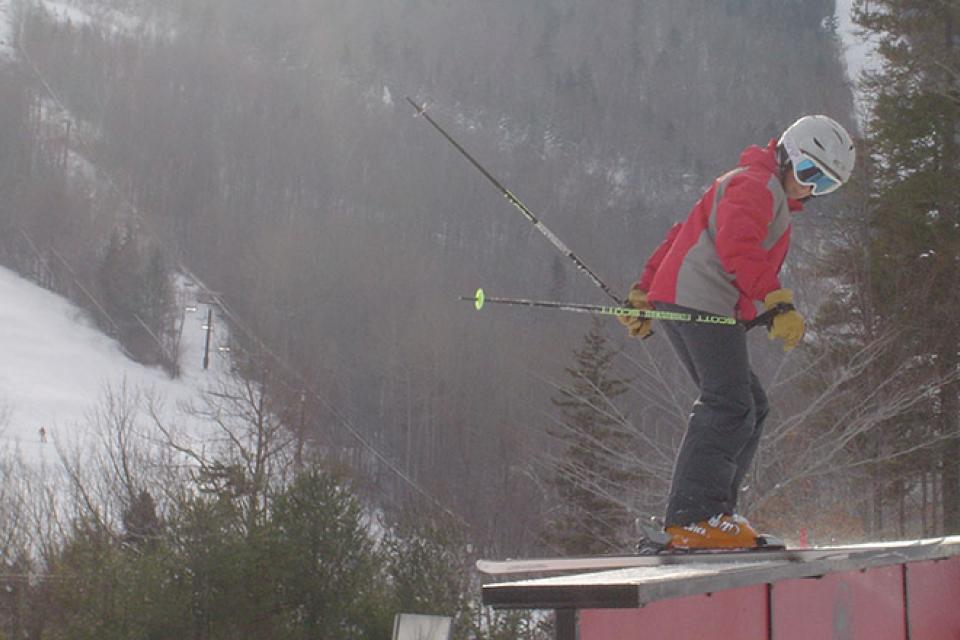
What do you think the Master of Sports Coaching gave you?
The Master of Sports Coaching provided Guy with a fresh look on various relevant subjects.
“I needed to process the knowledge and experiences I had gained over the years in a new light, with the benefit of up-to-date information, research and the guidance of field experts,” he says.
“Sports psychology has gained so much more momentum since the ‘80s and provides a multitude of avenues to ponder from, as were software use in movement analysis and nutrition updates. Rethinking my role as a coach only reinforced my convictions and my confidence.”
“It also gave me an opportunity to question the kind of coach I wanted to be whilst helping me evaluate the kind of coach I was. The overlaps and gaps provided a kind of “road map” towards my ambitions.”
Discover where the UQ Master of Sports Coaching could take you.

